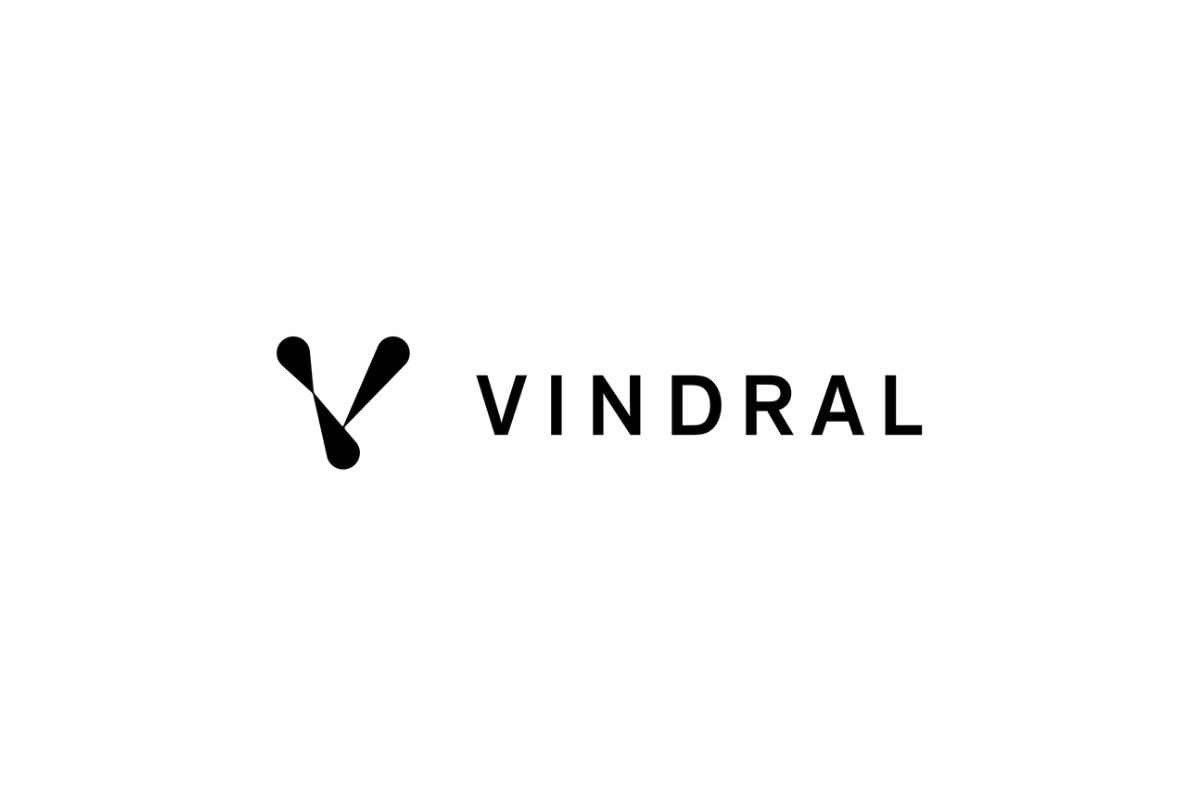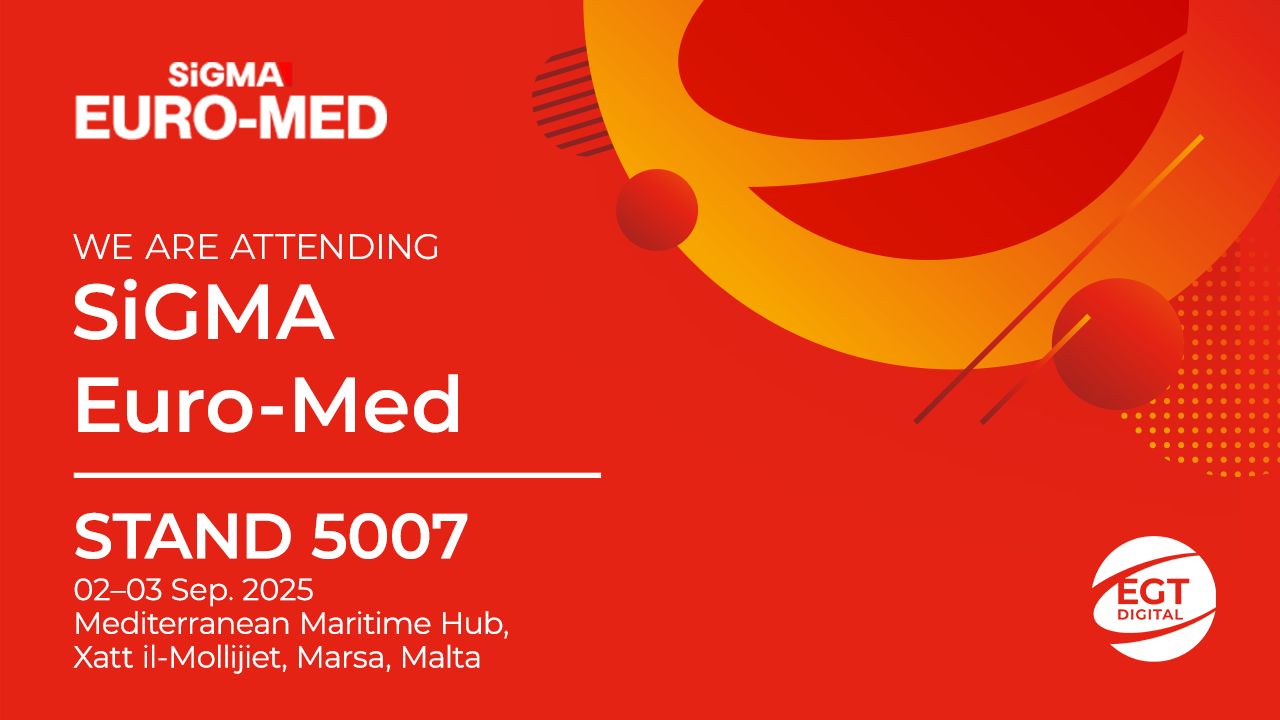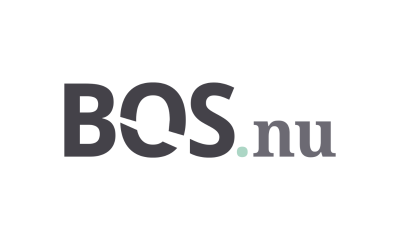Latest News
What Can European Markets Learn from the Online Casino Industry in New Zealand and Australia?

It was recently revealed that we may be on the precipice of a crackdown on unlicensed Australian sites, after it was revealed that operators were targeting players without being accredited by The Australian Communications and Media Authority (ACMA).
However, the really telling number here was the approximate size of the online GGY in the Asia-Pacific region as a whole, with estimates placing this between $65 billion and $90 billion per annum.
This augurs well for markets such as New Zealand and Australia, which are open to operators from across the globe despite prohibiting domestic operators from targeting players. But what lessons can European markets learn from the industry in the Asia-Pacific region?
The Importance of a Single Regulatory Framework
Of course, the European iGaming market features the 27 remaining members of the single bloc (amongst others), who despite cooperation on most matters of trade and commerce, operate completely different laws when it comes to online gambling.
In fact, the regulatory frameworks for online gambling are noticeably diverse across the continent, especially when you compare countries in the west with those in the east.
This represents something of a challenge for players and regulators alike, especially when you consider the impact of freedom of movement with the EU. More specifically, the availability of casino games and sports betting varies considerably from one country to another, so those who regularly cross these borders may find it hard to understand their rights and responsibilities as players in real-time.
Conversely, both Australia and New Zealand operate a clear and singular regulatory framework, which is easy to understand for both operators and players alike.
Similarly, these entities are accountable to identifiable and omnipotent regulatory bodies, namely the aforementioned ACMA and the New Zealand Gambling Commission.
At the same time, operators are beholden to clearly-defined and specific laws in the regions, with any licensed online casino in New Zealand subject to the Gambling Act of 2003.
Stakeholders in Australia are also subject to the Interactive Gambling Act of 2001 (which was updated in 2017), and the markets in Europe would definitely benefit from this type of single-minded and concise legislative approach.
A Clear Approach to the Use of Credit Cards
There’s also no single approach to the use of credit cards by online gamblers, despite calls for all EU member states to follow the example of the UK by banning this practice.
Interestingly, this is also something that the Australian authorities have begun to pursue tenaciously, with the nation’s Parliament hoping to initiate a law that would completely prohibit the use of credit cards and digital wallets for iGaming transactions.
This would extend the provisions already in place in brick-and-mortar casinos throughout Australia, safeguarding vulnerable players and highlighting the adverse effects on consumers across the board.
A thorough investigation is well underway, with the enquiry committee responsible expected to submit its final report by July 30th.
From a European perspective, Germany has already announced a credit card gambling ban, which was approved in 2020 and will prohibit players from funnelling funds in and out of their accounts via this method.
Similarly, Spain appeared poised to amend its own gambling legislation and prohibit the use of credit cards at the beginning of 2020, but the law has yet to be formally enacted and remains at the centre of a debate about how best to protect potentially vulnerable players.
Ultimately, there’s a lack of a clear consensus amongst European markets when it comes to credit card usage, with this partially due to uncertainty and the various counter-arguments put forward by the European Betting and Gaming Association.
This may prove counterproductive over time, with studies highlighting the danger posed by credit cards and the potential for players to accumulate debt relatively quickly.
The Last Word
There are some clear takeaways here, with the most obvious being the relatively disorganised regulatory approach in Europe’s iGaming markets and the way in which this contrasts with the legislative measures in Australia and New Zealand.
The lack of a standardised framework in Europe is also at odds with the close and integrated nature of EU member states, which is why the Commission has pledged to help support single bloc countries in their attempts to create far greater cooperation amongst national regulators.
This is perhaps the best lesson that European and EU iGaming markets can learn from Australia and NZ, especially if they want to create a safer and more seamless experience for their players.
-

 Africa4 days ago
Africa4 days agoQTech Games wins Best Innovation of the Year at the 2025 SBWA+ Eventus Awards
-

 Asia4 days ago
Asia4 days agoNODWIN Gaming and JioStar Unveil OnePlus Android BGMS Season 4
-

 Latest News4 days ago
Latest News4 days agoVindral appoints Henrik Fagerlund as Chairman of the Board
-

 Latest News4 days ago
Latest News4 days agoCalema to Perform at Legends Charity Game in Lisbon
-

 Conferences in Europe4 days ago
Conferences in Europe4 days agoEGT Digital and EGT to rock the show at SiGMA Euro-Med 2025
-

 Latest News4 days ago
Latest News4 days agoPush Gaming redefines its portfolio, unveiling new game categories and sub-brand for extended player reach
-

 Compliance Updates4 days ago
Compliance Updates4 days agoNew channelization assessment from the Gambling Authority confirms Sweden’s problem
-

 Affiliate Industry4 days ago
Affiliate Industry4 days agoNikita Lukanenoks Brings Slotsjudge Into Spotlight With Affiliate Leaders Awards 2025 Nomination































